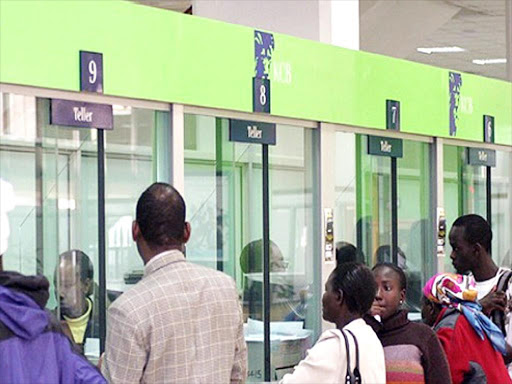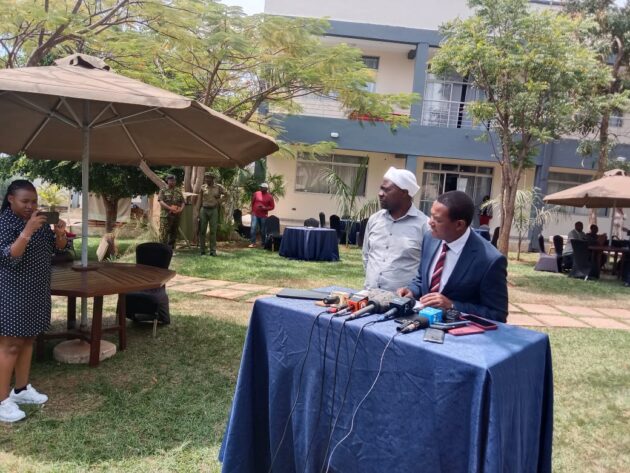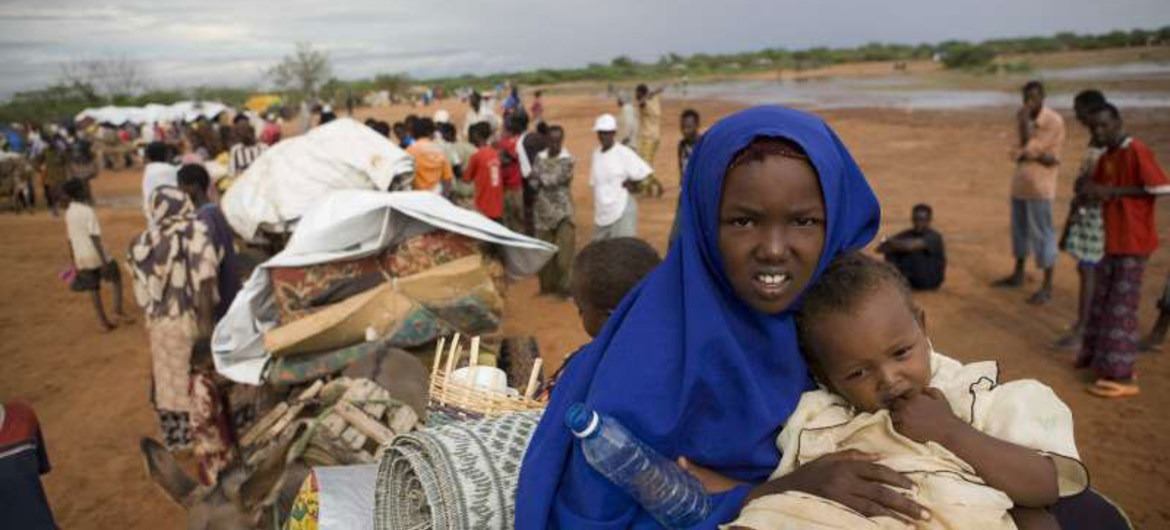Women entrepreneurs and startups in Kenya are set to benefit from €30 million (Sh4.2 billion) in new lending, following a partnership between KCB Bank Kenya, The Bill & Melinda Gates Foundation, and the European Investment Bank.
The funds have been availed by The Bill & Melinda Gates Foundation and the European Investment Bank, to be disbursed through KCB, through the lender’s Female-Led and Made Enterprises (FLME) and KCB Foundation 2jiajiri propositions.
FLME is a Sh 250 billion initiative launched two years ago to create solutions for women entrepreneurs that are flexible, accessible, and affordable.
It is a 360 degree-intervention platform that seeks tofill the gap where traditional lenders have failed by supporting women and young people to navigate the complex entrepreneurial journey.
To date, FLME has emerged as a catalyst for improving relationships with KCB female customers, understanding their business, increasing their access to finance, and providing much-needed business advisory.
As a result, the bank has disbursed loans worth Sh111.6 billion to over 600,000 FLME customers, while the total FLME portfolio constitutes 35 per cent of KCB’s SME loan book.
Greta Bull, Director, Women’s Economic Empowerment at the Bill & Melinda Gates Foundation noted that unequal access to credit remains a huge challenge that holds back economic activity and social progress, especially for women in Kenya.
As a result, allowing them to scale their operations.
“Across Africa, women need access to more and better credit to support their entrepreneurial activities. This partnership will help transform the banking and financial landscape in Africa and create incentives for lending to women in business and make them contribute more towards the wider economic growth ambitions,” Bull said.
Statistics indicate that African women have the highest rate of entrepreneurial activity in the world at an estimated 24 per cent, and are more likely to start businesses than their counterparts in other regions of the world.
However, several factors persistently hinder their potential to grow.
These include lack of access to startup capital, lack of access to start-up support ecosystems and networks that deliver capacity-building support and a lack of knowledge and expertise to implement gender-lens investing strategies among venture capital firms and funds.
“This new partnership brings together philanthropic expertise and resources to harness new opportunities and transform communities. The pioneering gender-focused microfinance scheme led by KCB Bank Kenya will establish a benchmark for other visionary financing programmes to tackle the $42 billion financing gap for female entrepreneurs in Africa,” said Thomas Östros, European Investment Bank Vice President.
Efforts to close gender gaps in financial inclusion tend to focus on developing new financial products and services that target women, but the broader social and cultural constraints that can prevent women from making the best use of these products and services are often not considered, according to experts.
Social norms, household decision-making, and bargaining processes can result in low uptake or limited impacts on women’s economic empowerment and labour market decisions.
KCB Bank Kenya managing director Annastacia Kimtai said: “Despite their dominance, women’s economic potential is dwarfed by multiple challenges such as the lack of appropriately designed financial products, weak institutional capacity, and lack of incentives within banks to target and lend to women.”
The financial industry, she noted, stands to significantly increase its bottom line by addressing banking’s gender gap: female financial inclusion – particularly the promotion of financial literacy, digital banking, and access to credit.
The new initiative follows months of technical preparations and will address a range of issues that limit low-income women’s ability to access finance.
Technical assistance provided to KCB Bank Kenya will help financial institutions lower the cost of loans to women through digital technology and data, and risk sharing.
“Kenya and the European Union are committed to delivering gender equality and this exciting new cooperation between the Bill & Melinda Gates Foundation, the European Investment Bank and the European Union will enhance opportunities and improve the lives of thousands of women and their families here in Kenya and later across Africa,” European Union Ambassador to Kenya Henriette Geiger, said.
This cooperation represents a concrete step forward in institutions helping close gender gaps and get more financing into the hands of women and it is expected to back future microfinance engagement in East Africa and across the African continent.
The first facility benefits from a partial guarantee from the European Union under the European Fund for Sustainable Development Plus (EFSD+) and is part of the Global Gateway strategy.











